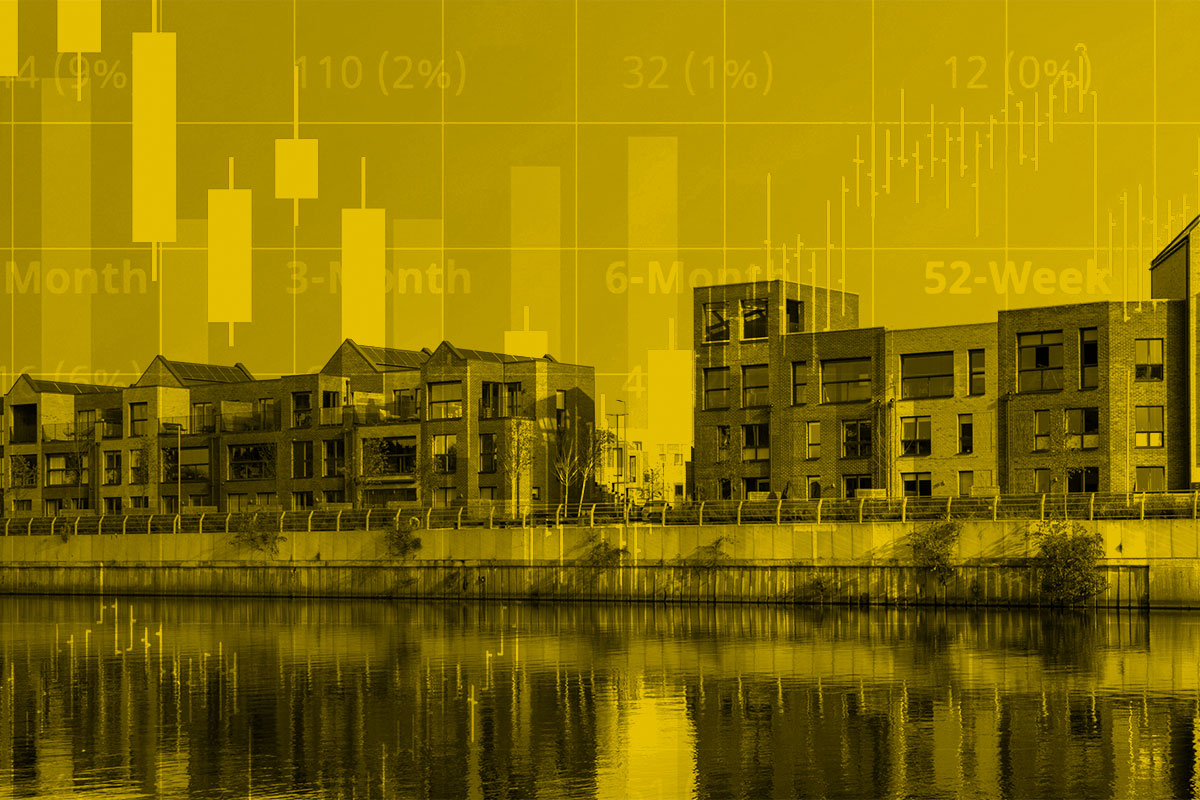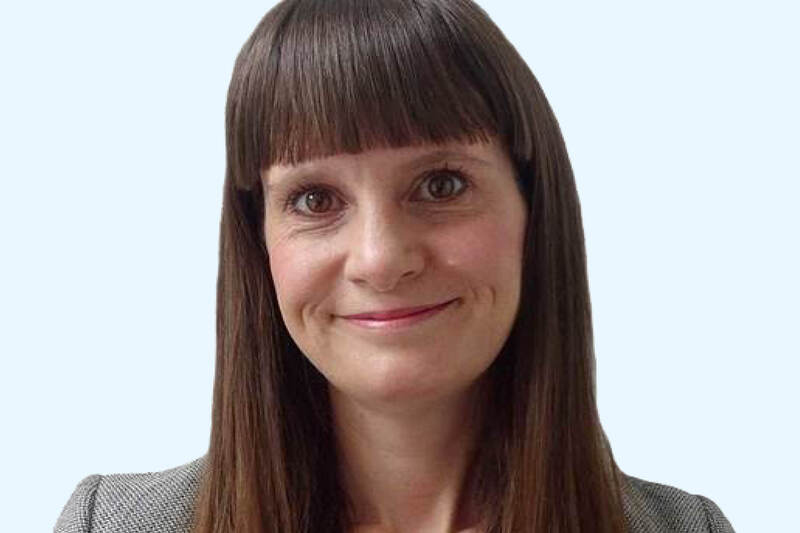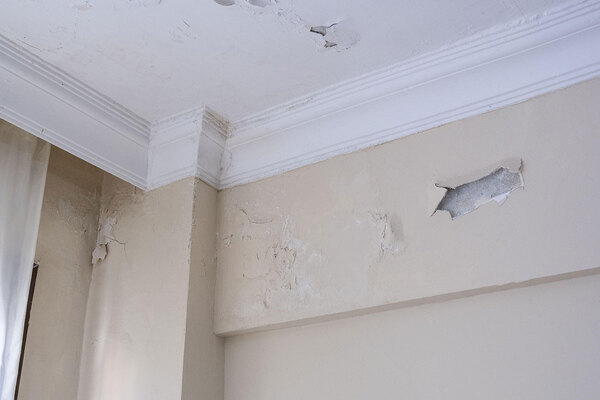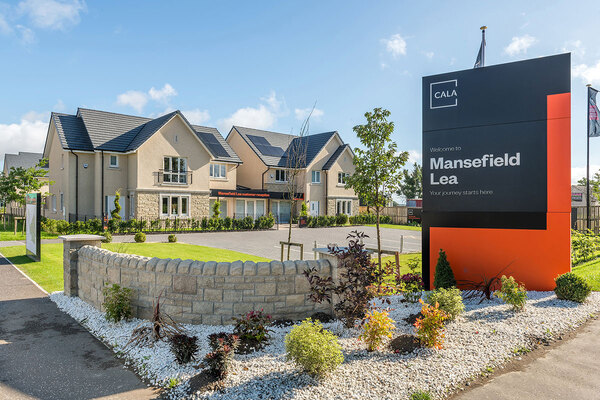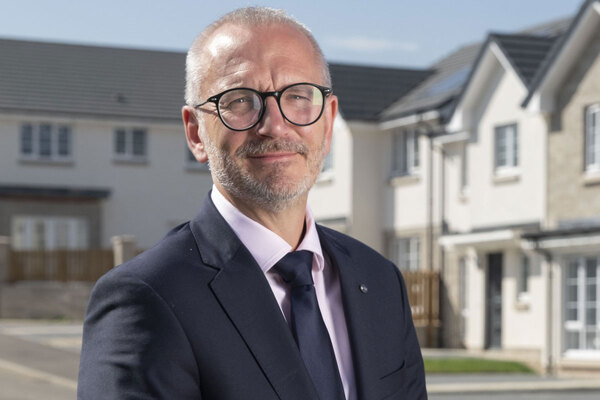Making ESG reporting more straightforward
Sustainability reporting can be challenging for a number of reasons. Arturo Dell of digital software supplier Convene ESG explains how smart technology use can make the process easier
In association with:

The idea behind the Sustainability Reporting Standard for Social Housing (SRS) was, undoubtedly, a noble one. Launched in November 2020, it was designed to offer a consistent way for the sector to report on its environmental, social and governance (ESG) activity. In reality, that can be difficult to do – and reporting is voluntary. This may explain why many landlords have only recently begun to formally measure their ESG performance.
Inside Housing spoke to Arturo Dell, ESG consultant at Convene ESG – a provider of IT services for housing associations – to uncover issues that social landlords face when completing their SRS reporting, and how technology can help them get a handle on what can be a complex process.
Should SRS reporting be mandatory within the sector?
Because ESG is a huge issue now, there’s real momentum behind the adoption of the SRS. So it could become mandatory in time. But, if it did, what would that look like? Who would mandate it? Going forward, I think it’s more likely that organisations will have to provide a detailed log of their ESG credentials so they can be regularly scrutinised by auditors. At the moment, you could argue that an element of oversight comes from lenders and stakeholders, who want to make sure landlords are taking their ESG responsibilities seriously.
What barriers do housing providers face when completing SRS reporting?
Because ESG is a relatively new concept, organisations must first decide which member of staff is going to be responsible for gathering the data and co-ordinating SRS reporting. The trouble is, it’s not always obvious whose responsibility it should be.
However, the biggest issue is this: SRS reporting involves collecting data from lots of different departments that aren’t used to talking to each other.
As a result, the data isn’t ‘joined up’. It can end up coming in from lots of different areas on lots of different spreadsheets, which is confusing, inefficient and time-consuming. Plus, the person collecting the data – let’s call them the co-ordinator – is also often charged with writing the report. They can spend so long getting, and then making sense of, the information that they run out of time to do a good job on the report’s narrative. Then new data comes in which supersedes previous information – but, by that time, a version of the report is already with the designer.
How can this be overcome?
Smart use of technology can help tell a better ESG story. For example, we’ve created a cloud-based product called Convene ESG, which housing providers can use for their SRS reporting and which has a number of early adopters in the sector. It’s accessible to unlimited users across an organisation, so staff from different departments can input data into a single programme.
This makes it easy for the co-ordinator to keep track of things. And because the responsibility for inputting the data doesn’t lie with the co-ordinator, they can get on with creating content, which is a much better use of their time and, ultimately, a cost saving. The software also features a library of ESG best practice reports.
How can organisations ensure that technology is widely adopted?
By making it user-friendly. It can be confusing for a contributor to input data on a spreadsheet that has reams of information on it that means nothing to them. Technology can eliminate that problem by simply directing users to the fields they need to populate. All the results then get crunched from the different contributors, making it easy for the co-ordinator. Plus, if templates are included, the co-ordinator can still see what the report will look like, even if not all the information has come in.
Should SRS reporting be more frequent?
Presently, housing providers voluntarily commit to SRS reporting on an annual basis. But, yes, more evolved organisations may want to monitor their ESG progress more frequently. That’s difficult if they’re using spreadsheets or old tech, though. If they’re using smart tech, it’s much easier because collecting the data involves far less work.
How does the SRS link with other key reporting frameworks?
There are hundreds of standards that organisations can use to report their progress on ESG. For instance, there’s a reporting standard called the Task Force on Climate-Related Financial Disclosures (TFCD) which potentially has a lot of overlap with the SRS. Others include the Sustainability Accounting Standards Board and the Global Reporting Initiative.
Smarter tech can highlight the links between these different standards. It would be useful if, after inputting their data, organisations could use it to comply with a standard other than the SRS. Perhaps consolidation on the topic of ESG will happen in the near future because landlords will say: “This is how the housing sector responds to TFCD – and it’s very close to the SRS.”
How are other sectors looking at this space?
In some sectors, reporting is becoming either mandatory or auditable. Another standard that’s interesting is GRESB (Global Real Estate Sustainability Benchmark), used by the construction industry. It has a list of attributes that the housing sector may have taken into consideration during the creation of the SRS. But housing has a lot to be proud of regarding the SRS. The sector has done well to come together and define the type of standard it needs. It’s ahead of the curve.
What are the hopes for the future of the SRS, especially considering its global influence?
It’s been a visionary piece of work that other countries have noticed. For instance, in Australia, the Community Housing Industry Association, along with 27 housing associations, have based their ESG reporting standard on the SRS. As the EU prepares its own standard, some European countries are looking at the SRS, too.
What’s interesting, and perhaps unexpected, is that the UK’s housing sector is leading the way with this standard. But what does leadership mean in this space? And how can the SRS be developed so that it becomes the strongest possible reporting standard? If those questions can be answered satisfactorily, increasing numbers of countries may want to replicate its success.
How would you recommend housing associations prepare for their ESG journeys?
See what others have done and make sure you have enough capacity to deliver once you embark on this process. There’s a lot of best practice out there already, so don’t reinvent the wheel. Work smart and don’t make things difficult when they don’t need to be.
Make sure ESG doesn’t become an afterthought. Stitch it into your strategic framework, because that’s how it will gain its own life within your organisation and become part and parcel of what you do.
Sign up for our development and finance newsletter
Already have an account? Click here to manage your newsletters
